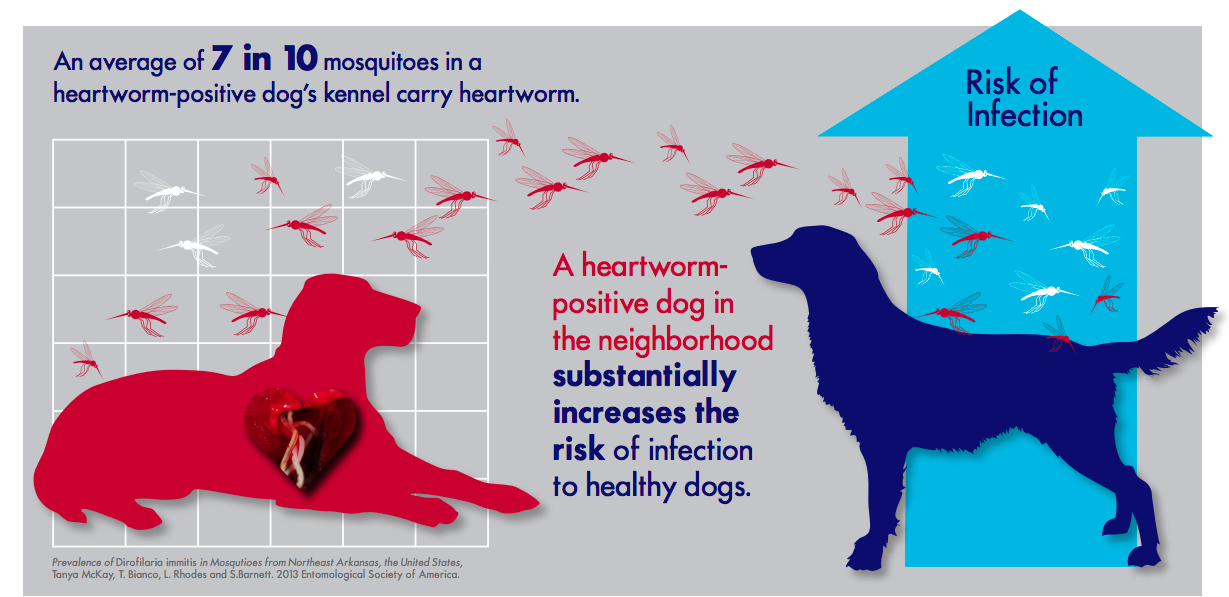Dogs in childcare get lots of exercise, socializing with various other canines and unique experiences. This can be particularly handy for young puppies and canines with behavioral concerns.
There are a number of lawful factors to consider you require to consider when starting a dog childcare organization. These include the structure of your company and compliance with federal government laws.
1. Pooch Distemper
Canine distemper is spread out via straight contact with the physical liquids and waste of a contaminated pet dog, yet it can additionally be sent via shared water and food bowls or through airborne droplets. This extremely infectious health problem is most hazardous for young puppies, yet it can influence pets of any kind of age and is deadly for the majority of if left unattended.
First signs and symptoms of canine distemper usually resemble a common cold, including runny eyes and nose with watery or pus-like discharge. As the disease progresses, a dog will create high temperature, coughing, reduced appetite, throwing up and looseness of the bowels. The infection can additionally strike the nerve system, leading to seizures, jerking and partial or total paralysis.
Trustworthy childcares lower direct exposure to infection by needing vaccinations, routine health examinations and follow rigorous health methods. If your dog appears overly tired or hopping, a day off might assist him recuperate, but you ought to avoid taking him back to childcare till these signs clean up.
2. Kennel Cough
Kennel coughing, additionally referred to as contagious canine tracheobronchitis or Bordetella, is a highly contagious viral or bacterial condition that influences the respiratory system system. It's typically transferred via the exchange of saliva or air beads that an ill dog breathes out. Social pet dogs go to higher risk for infection as a result of their regular interaction with one another, such as when they play, share food or water, sniff each other or just meet in a jampacked setting like a canine park or daycare.
One of the most usual sign of kennel cough is a persistent and forceful coughing that seems like something stuck in the throat or retching. Often, pets will cough up foamy white phlegm. If left unattended, a pet dog can establish pneumonia and go to severe risk for life.
A reputable childcare center should have rigorous cleaning and sanitation methods, sterilize all toys, food and water bowls on a regular basis, and be open about their inoculation plans. Keeping your pet dog as much as date on their inoculations, specifically for bordetella and canine flu, will considerably decrease their chances of acquiring the illness.
3. Parvovirus
Canine parvovirus, or parvo, is a very infectious viral illness that can be harmful for young puppies and young adult pet dogs with poor body immune systems. It's most typically spread out by straight contact with contaminated pet dog feces-- which can happen when pets sniff, lick, or preference contaminated feces-- and indirectly from contaminated individuals, objects, or atmospheres (like kennels, grooming spaces and lawns). Pups and canines without full vaccination backgrounds are particularly susceptible to parvo.
The virus is exceptionally resilient, enduring in the environment for approximately nine years, and can conveniently be transferred in between dogs by call through feces or on footwear, clothing, and bed linens contaminated with parvovirus. Otherwise treated promptly with IV fluids, electrolyte equilibrium, vomiting control medicines and antibiotics to avoid second microbial infections, a dog will quickly dry out and establish extreme diarrhea, which brings about shock and sepsis. Parvo is hard to treat as soon as a pet dog has actually become ill, yet with suitable vet care, lots of puppies do survive this illness.
4. Dog Flu
Canine flu virus is very contagious and spreads with straight contact, sharing food and water bowls, licking or nuzzling various other canines, via overnight boarding for dogs near me airborne beads, and through infected surfaces. Inoculation is effective in lowering the risk of infection and episodes.
Most impacted dogs establish a mild breathing infection with a coughing that lasts 1-3 weeks. They may likewise have nasal and ocular discharge, sneezing, and sleepiness. Some of the most significant cases cause pneumonia and a high fever.
If your dog displays any of these signs, do not bring them back to childcare until they are healthy and balanced. If your dog is showing indicators of extreme tiredness or hopping, speak with your veterinarian right away and ensure they get on good health supplements to assist build their resistance. A veterinarian will certainly assess your dog for signs and symptoms of the flu by taking an example from the nose or throat, and blood tests can be done to confirm.
